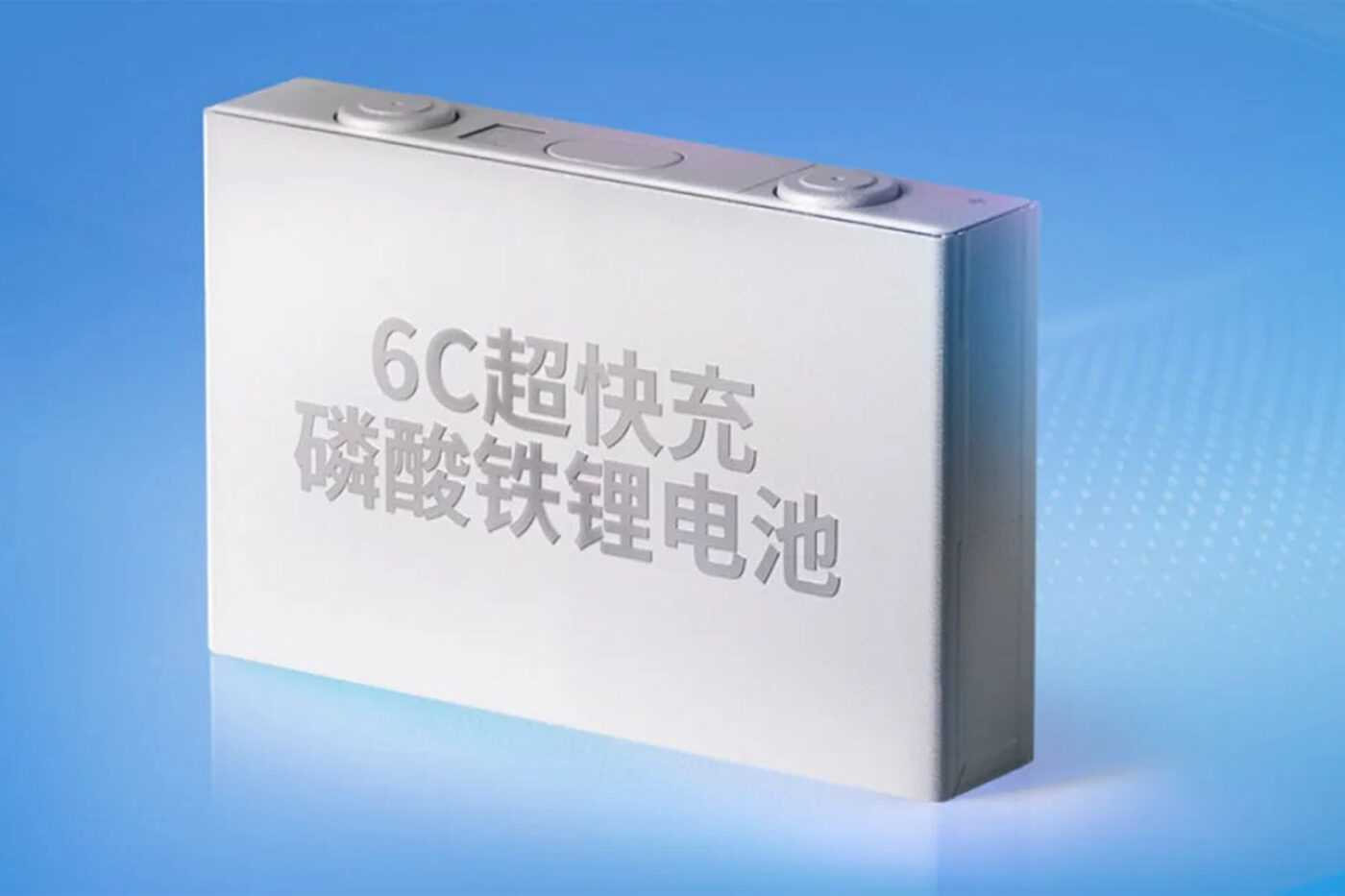China Tightens Grip on Battery Tech: Export Controls on Cathode Material Spark Global Concerns

Beijing has significantly escalated its control over key battery technology, adding crucial cathode material preparation techniques to its list of restricted exports. This move, announced recently, has sent ripples through the global battery industry and raised concerns about supply chain security, particularly impacting the production of electric vehicles (EVs) and energy storage systems.
What's Affected? The restrictions primarily target technologies related to the preparation of battery cathode materials, most notably lithium iron phosphate (LFP). LFP batteries have become increasingly popular due to their cost-effectiveness, safety, and longer lifespan, making them a cornerstone of many EV and energy storage projects worldwide. The controls also extend to related technologies, suggesting a broader effort to safeguard China's advancements in this critical sector.
Why the Change? While the Chinese government has not explicitly stated the reasons behind this decision, analysts believe it's a strategic move to protect its domestic battery industry and maintain a competitive edge in the global market. China currently dominates the production of LFP batteries and the raw materials required to manufacture them. Restricting the export of related technologies could hinder competitors from catching up and ensure China’s continued leadership.
Global Impact and Concerns: The implications of this export control are far-reaching. Countries and companies heavily reliant on Chinese cathode material technology for battery production will face challenges. This includes manufacturers in Europe, North America, and Southeast Asia who are striving to build their own battery supply chains to reduce dependence on China. The move could lead to increased costs, supply shortages, and potential delays in EV production and the rollout of renewable energy projects.
Reactions and Future Outlook: The announcement has drawn criticism from some international observers, who argue it could disrupt global trade and hinder the transition to clean energy. Governments and businesses are now scrambling to assess the impact and explore alternative sourcing options. We can expect to see increased investment in domestic battery material production in other countries and potentially a shift in the global battery supply chain landscape.
The long-term consequences of this decision remain to be seen, but one thing is clear: China’s actions underscore the growing strategic importance of battery technology and the intensifying competition for dominance in the global energy market. The move highlights the fragility of global supply chains and the need for diversification to ensure a stable and sustainable future for the clean energy transition.
Key Takeaways:
- China has restricted exports of battery cathode material preparation technology, specifically targeting LFP.
- The move is aimed at protecting China's domestic battery industry and maintaining its global leadership.
- It will likely impact global battery supply chains and increase costs for manufacturers.
- The decision underscores the strategic importance of battery technology and the need for diversification.






